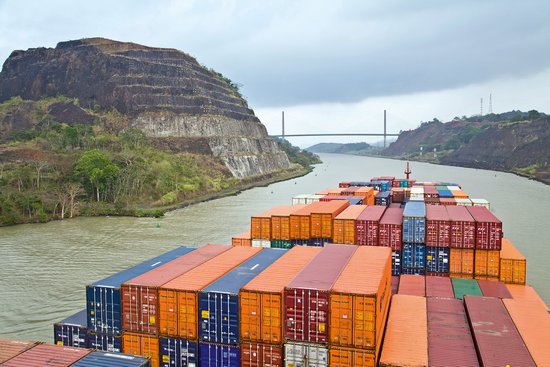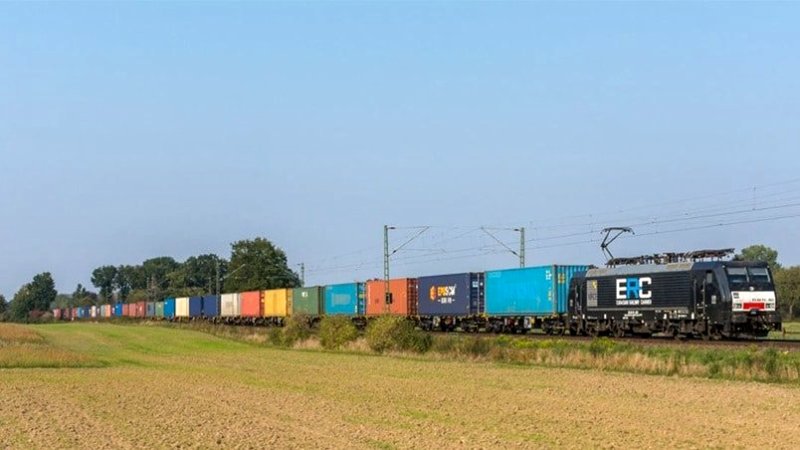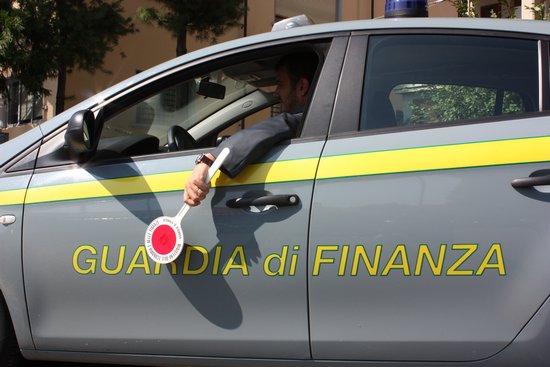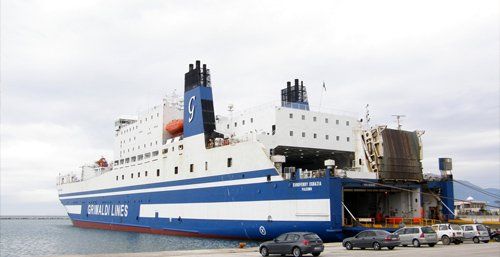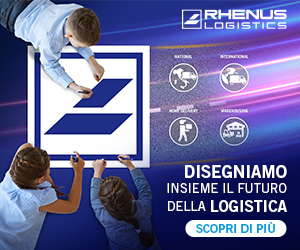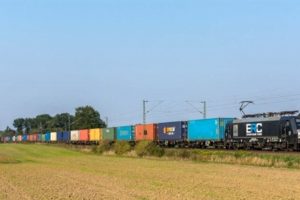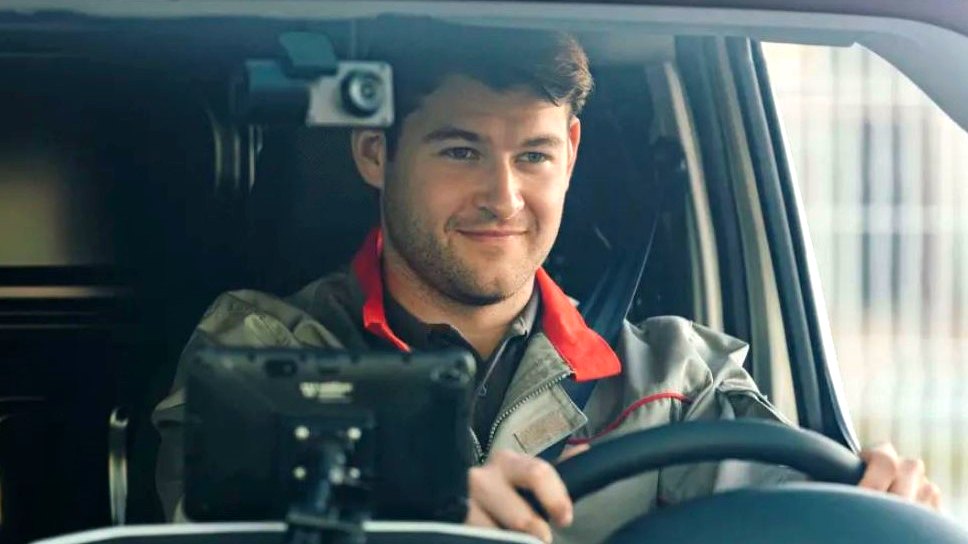Rail freight transport is showing signs of crisis and urgently needs investment to revitalize. In Italy, the rail freight share is only 12%, while road transport accounts for 84%. The situation in Europe is similar, with rail at 17% and road at 80%. However, Europe has set ambitious goals: by 2030, the rail share must reach 50%, and CO2 emissions should be reduced to zero by 2050.
The risk of missing this target is real, and one event addressing this issue is the meeting organized in Venice on May 30, 2024, by the UIP, in collaboration with Assofer. The association believes that significant investments are essential to modernize the rail system, particularly focusing on rolling stock.
In this context, technological innovation is indispensable, and the UIP proposes focusing on DAC (Digital Automatic Coupling), which enhances the efficiency of rail transport through automation and energy storage. According to the union, DAC allows the train to function as a single energy carrier.
Practically, this new train concept draws energy from the catenary and then, thanks to digital automatic coupling, distributes it throughout the entire convoy. This is revolutionary, especially for refrigerated wagons carrying perishable goods that currently rely solely on batteries with limited life.
Other benefits of DAC include reduced costs and procedure times, increased volumes (an estimated 30% more due to the possibility of longer and heavier trains), a significant reduction in derailment risks, and the collection and transmission of useful data, thereby increasing overall train safety.
However, the necessary investments are substantial. The Recovery and Resilience Facility does not cover the costs of wagons, which remain the responsibility of private companies. Currently, 90% of resources invested in this sector come from private activities. David Zindo, UIP president, clarifies the association's position: "We ask Europe to include DAC investments in the rail transport funds, estimated at around 13 billion, to modernize all freight wagons by 2030. This is a 'train' we cannot afford to miss."


